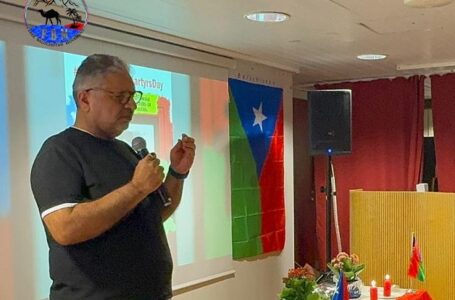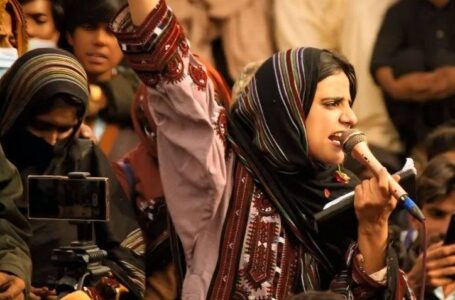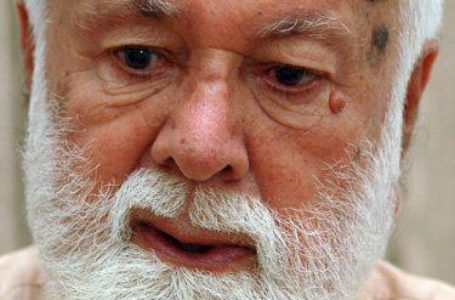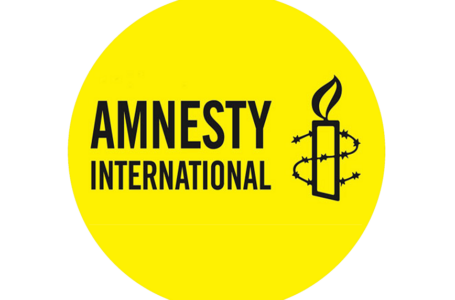Occupied Balochistan: A Chronicle of Genocide, Exploitation, and Resistance
A Nation Built on Lies: The Baloch Struggle Against Pakistan’s Manufactured Reality
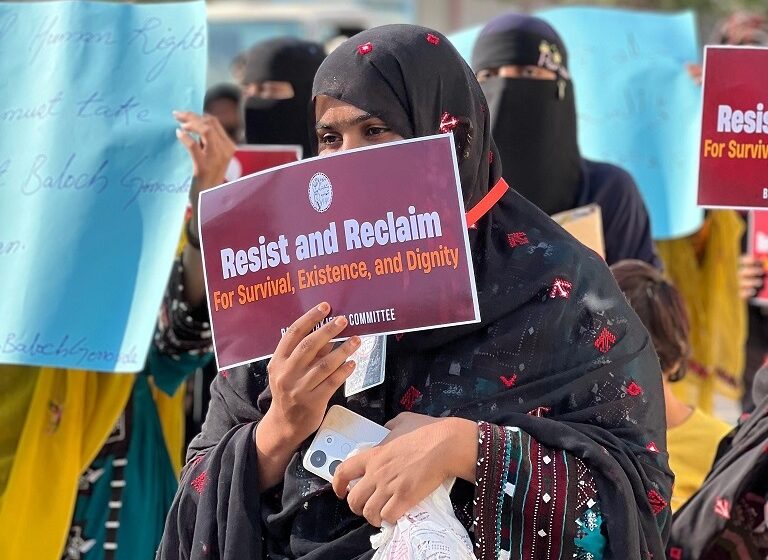
A lie, repeated endlessly, can rule a nation — and in Pakistan’s case, it has.
By Shahdad Baloch
Since Balochistan’s forcible annexation by Pakistan in 1948, the Punjabi military and political elite have perpetuated their occupation through a calculated web of deception. That lie repeated, reinforced, and rebranded over decades has become an accepted truth in a nation steeped in state-manufactured delusion.
This is not merely a failure of governance; it’s an industry. From generals to bureaucrats, politicians to religious clerics, the art of deception has become Pakistan’s most profitable trade. They manipulate global perception, while the civilized world, guided by proportional diplomacy and blind faith in state narratives, fails to distinguish between truth and well-scripted propaganda. The ongoing atrocities against the Baloch people are hidden behind a curtain of lies, presented to the world as internal matters or anti-terrorism efforts.
On May 24th, Pakistan’s military spokesperson, DG ISPR, took the stage at a press conference that can only be described as a political circus. In a metaphor revealing more truth than intended, he compared Pakistanis to wolves, claiming that even if elected, wolves would stop eating meat. A chilling reminder of how deeply ingrained predatory power is within the military psyche.
When asked about Dr. Mahrang Baloch and the detained Baloch Yakjehti Committee (BYC) leadership, the ISPR’s frustration erupted through his carefully scripted rhetoric. Taunts and threats replaced answers, a common response from a military unaccustomed to accountability.
Meanwhile, Dr. Mahrang, a Nobel Peace Prize nominee and one of Time Magazine’s most influential people, remains behind bars. Her crime? Speaking truth to power and defending the dignity of a persecuted people.
The Punjabi-dominated state narrative paints Baloch resistance as terrorism, branding the Baloch Liberation Army (BLA) as an “Indian proxy”, a tired, discredited claim meant to delegitimise an indigenous freedom struggle. The irony remains: the world continues to accept a lie told by a state that has systematically lost both moral and strategic ground in Balochistan.
Nawab Khair Bakhsh Marri once called Pakistan “a prostitute of two imperial powers.” That description rings truer today than ever. The DG ISPR’s assertion that “only 15–20 people stand with Dr. Baloch” flies in the face of millions who honour her, follow her, and view her as a symbol of humanity amidst systemic brutality. That’s not a fringe. That is a nation.
Pakistan’s judiciary, equally complicit, watches in silence as laws meant to protect are twisted to persecute. The arrest, torture, and disappearance of Baloch voices continue unchecked, while the world watches — too polite, too reluctant, and too late.
Islam, the religion Pakistan claims to defend, offers no refuge for liars and tyrants. The Quran condemns the act of falsely declaring fellow Muslims as non-believers: “O you who have believed, when you go forth in the cause of Allah, investigate; and do not say to one who gives you [a greeting of] peace ‘You are not a believer'” (Quran 4:94).
And regarding falsehood: “And do not mix the truth with falsehood or conceal the truth while you know it” (Quran 2:42). “Indeed, falsehood is bound to perish” (Quran 17:81).
Despite Pakistan’s attempts to distort the truth, the Quran’s words promise that truth will endure. The reality of Baloch suffering cannot be buried under false flags, hollow accusations, or military theatrics.
The international community has failed to act but the Baloch people have not. The decision now lies with them. In the face of state oppression, they carry forward the legacy of resistance, dignity, and truth. And in the end, no matter how long falsehood reigns, it will vanish.
Because truth is not a matter of numbers. It’s a matter of justice. And justice is on the side of Balochistan.
Disclaimer: The views and opinions expressed in this article are solely those of the author and do not necessarily reflect the official policy or position of Baloch Warna News. The publication provides a platform for diverse perspectives.

